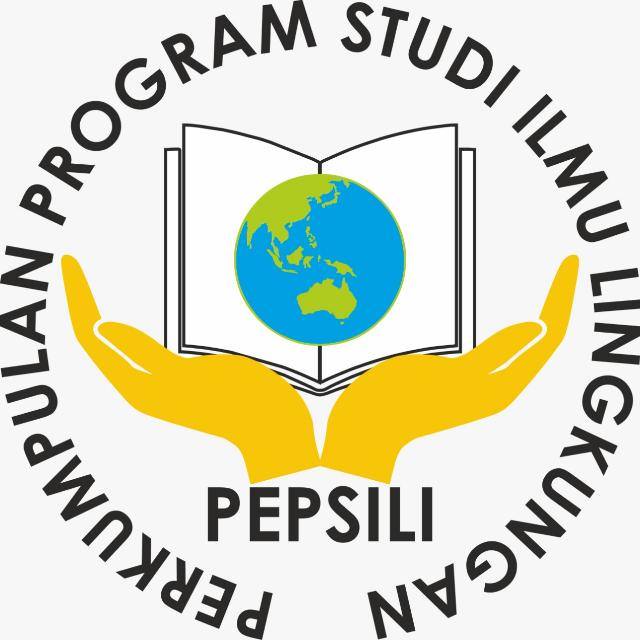Optimasi pengelolaan sampah plastik melalui pendekatan edukatif dan pemberdayaan siswa SMP di Kecamatan Bangko Pusako Kabupaten Rokan Hilir
Abstract
Even in the setting of schools, open burning of rubbish is still frequently practiced. This is in conflict with the government's program connected to the Pollution Control Strategic Plan (2020–2024), which has the goal of lowering greenhouse gas emissions, and the waste management policy (Law No. 18 of 2008). The justification is that the waste cannot be carried to the TPS or TPA, preventing it from building up and having negative effects like pollution. Lack of awareness, bad habits, and the idea that burning trash is simple and inexpensive are the causes. This issue also exists in SMPN 1 and SMPN 5, Bangko Pusako District, where waste is still managed conventionally by burning it all together without sorting it (visually, 40% of the waste is plastic). The quantity of waste in the two schools, as well as the timetable for its transfer to the disposal/burning site, have not been under control. Because the school has not demonstrated any sort of effective waste management, this requirement makes it more difficult for it to meet the target date for applying for SMP with the Adiwiyata predicate (in 2022). It is known from interviews and the findings of research questionnaires that the school is well-versed in the processes and effects of waste management (including plastic waste). Due to the limited infrastructure, expense, time, and governing laws, they have not been able to participate more. Through an educational approach to improving management conditions regarding the nature of the school as an educational area, and by empowering students as the main component of the school, an optimization of plastic waste management strategies at SMPN 1 and SMPN 5 Bangko Pusako was carried out in this study. Understanding is imparted by repeated verbal socialization, inclusion in instructional materials, use as an example in school life, as well as the creation of policies that have been unanimously agreed upon. Each part of the school is expected to reduce the amount of plastic trash produced, sort waste into its appropriate categories before disposal, reuse waste whenever possible to keep it out of the environment's rubbish heaps, and refrain from burning waste. Due to the majority of the debris being given to scavengers and stacked up, the results indicated a decrease in the volume of waste produced and the frequency of burning. The trash's contents may appear more appropriately for each type. Some plastic products have been replaced with other recyclable materials by students and instructors. This method of controlling plastic waste in the school setting is anticipated to serve as a good model for other schools.
Keywords
Full Text:
PDFReferences
Hardiatmi, 2011. Pendukung Keberhasilan Pengelolaan Sampah Kota. Jurnal Inovasi Pertanian. Vol 10 No. 1. Fakultas Pertanian. Universitas Slamet Riyadi. Surakarta.
Tonadi, F. 2017. Perancangan Aplikasi Game Edukatif dan Persuasif Dengan Tema Kebersihan Lingkungan Untuk Anak-Anak. Skripsi. Teknik Industri. Universitas Katolik Parahyangan. Bandung.
Kementerian Lingkungan Hidup dan Kehutanan–Direktorat Pengelolaan B3. 2019. Pembakaran Terbuka. http://sib3pop.menlhk.go.id/article/view?slug=pembakaran-terbuka. Diakses 6 Januari 2021.
Rahmatika, E. 2021. 7 Jenis Plastik dan Sifatnya yang Perlu Diketahui Agar Paham Kegunaan dan Bahayanya. https://www.99.co/blog/indonesia/jenis- plastik-kegunaan-bahaya/. Diakses 13 Februari 2021.
DOI: https://doi.org/10.52364/zona.v6i2.58
Refbacks
- There are currently no refbacks.

This work is licensed under a Creative Commons Attribution-ShareAlike 4.0 International License.

This work is licensed under a Creative Commons Attribution-NonCommercial 4.0 International License.







